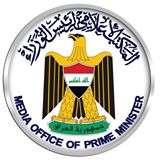
Intelligence chief, bank directors are out as Haider al-Abadi attempts to push through reforms
By : GHASSAN ADNAN, ALI NABHAN and ASA FITCH
Iraqi Prime Minister Haider al-Abadi dismissed key officials, including the country’s intelligence chief and directors of six state-owned banks, Tuesday as he tries to push through government reforms in the face of growing popular protests.
The moves come as anger grows over what many Iraqis see as rampant corruption that is weakening the country amid a battle to defeat Islamic State and a government budget strained by falling oil prices.
The removal of intelligence head Zuhair al-Gharbawi comes at a crucial time for Iraqi military and counterterror efforts against the militants, although it was unclear what effect it would have on the ground. He was appointed by former Prime Minister Nouri al-Maliki.
Iraqi forces backed by a U.S.-led military coalition are currently mounting an offensive to retake the city of Fallujah, in Anbar province, from the Sunni Muslim extremist group, which overran large parts of the country in 2014.
The dismissal of the bank directors included those of Iraq’s two largest lenders, Rafidain and Rasheed banks. It aimed to activate the sector and move forward an economic-growth and job-creation strategy, according to a statement from Mr. Abadi’s office.
The head of Iraqi state media was sent into retirement as part of the shake-up, it said. It didn’t name replacements for the dismissed officials, and gave little explanation of the moves beyond that they were in the country’s interest.
Large anticorruption protests have taken place regularly in Baghdad since last year, growing in scale. Hundreds of people gathered in central Baghdad on Tuesday night.
The protesters, including a large number of followers of anti-U.S. Shiite Muslim cleric Moqtada al-Sadr, are demanding the removal of most of Mr. Abadi’s 22 cabinet membersand their replacement with nonpolitical technocrats, among other measures to fight corruption.
Some said Tuesday that Mr. Abadi’s round of dismissals fell short of addressing their concerns. Ammar Jasim, 32 years old, a protester and follower of Mr. Sadr, said people had lost trust in the premier.
“Those dismissals and replacements are another political game,” he said. “There are no jobs, food prices are high and we are still suffering.”
Mr. Abadi agrees with the need to shuffle his cabinet, but efforts to do so have stalled in parliament. A majority of Iraq’s 328 parliamentarians must approve new cabinet members.
Parliament is currently out of session and hasn’t met since April, when hundreds of Mr. Sadr’s followers broke into Baghdad’s heavily fortified International Zone and stormed the parliament building.
Ihssan al-Shemari, an Iraqi political analyst, said Tuesday’s dismissals were one way Mr. Abadi was appeasing protesters while the political process was on hold.
“This is part of his political plan to assure the revolting street that his reforms are going forward,” he said. “Abadi knows very well that the street has demands, and he has to meet some of these demands.”
Kirk Sowell, the publisher of the newsletter Inside Iraqi Politics, said the moves also completed an almost two-year process of removing and replacing officials appointed under Mr. Abadi’s predecessor and political rival, Mr. al-Maliki.
“With these changes, he’s now gotten rid of all the important ones,” Mr. Sowell said.
Iraq’s oil-dominated economy has struggled as prices fall amid a global glut.
The country’s 2016 budget envisions a deficit of more than $20 billion, assuming an oil price of $45 a barrel. Brent crude was trading at above $51 a barrel on Tuesday, but since mid-2014 has fallen from above $100.
Iraq recently sought help from the International Monetary Fund, which agreed last month to extend $5.4 billion over three years in exchange for conditions including spending cuts and the enactment of anticorruption measures. It also plans to sell government bonds to international investors this year to plug its budget gap.
Source: The Wall Street Journal, June 7, 2016 6:23 p.m. ET
http://www.wsj.com/articles/iraqi-prime-minister-dismisses-key-officials-1465336334?mg=id-wsj



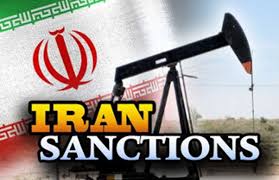

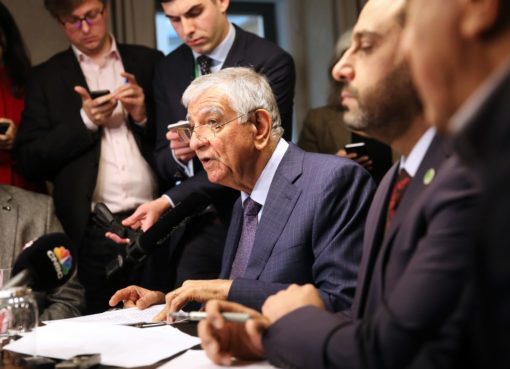
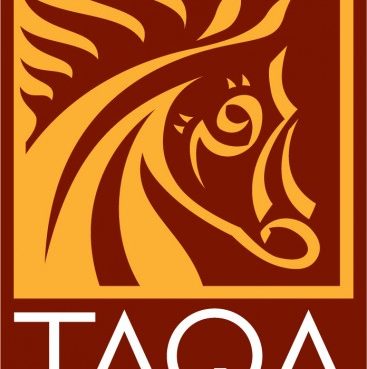
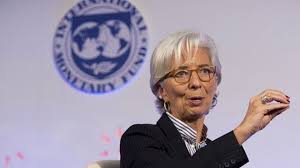
Comment here